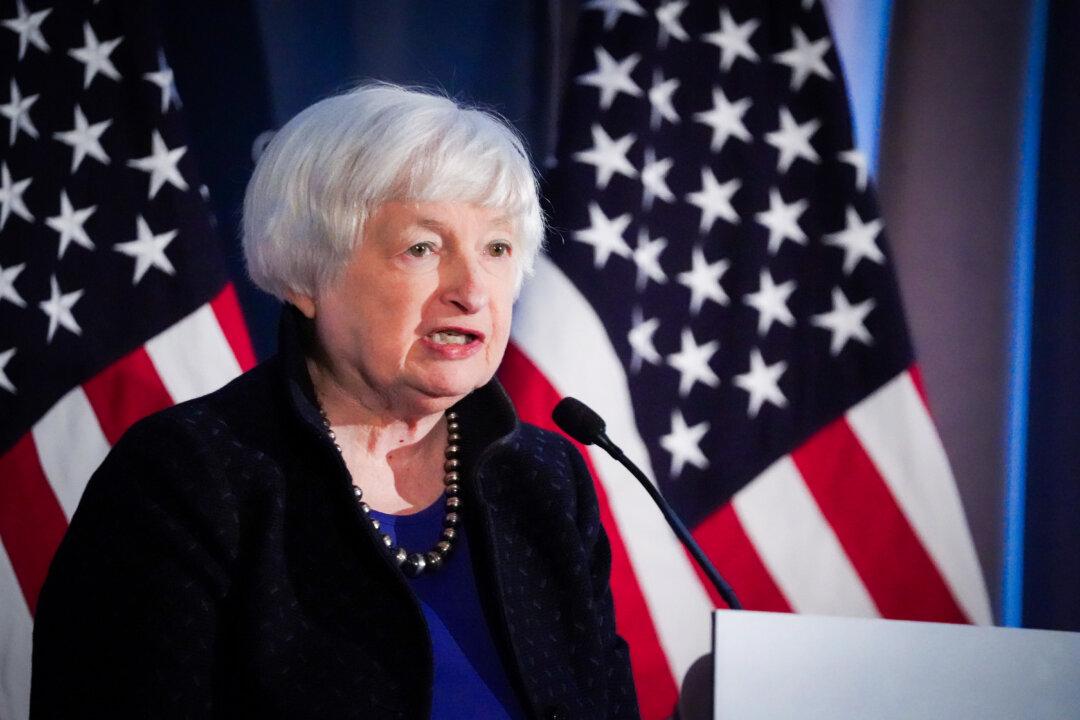Treasury Secretary Janet Yellen says she will “press” her Chinese counterparts to address China’s manufacturing overcapacity for green energy products during her “next trip” to the country.
“I am concerned about global spillovers from the excess capacity that we are seeing in China,” Ms. Yellen said during a speech in Georgia on March 27. “China’s overcapacity distorts global prices and production patterns and hurts American firms and workers, as well as firms and workers around the world.”





